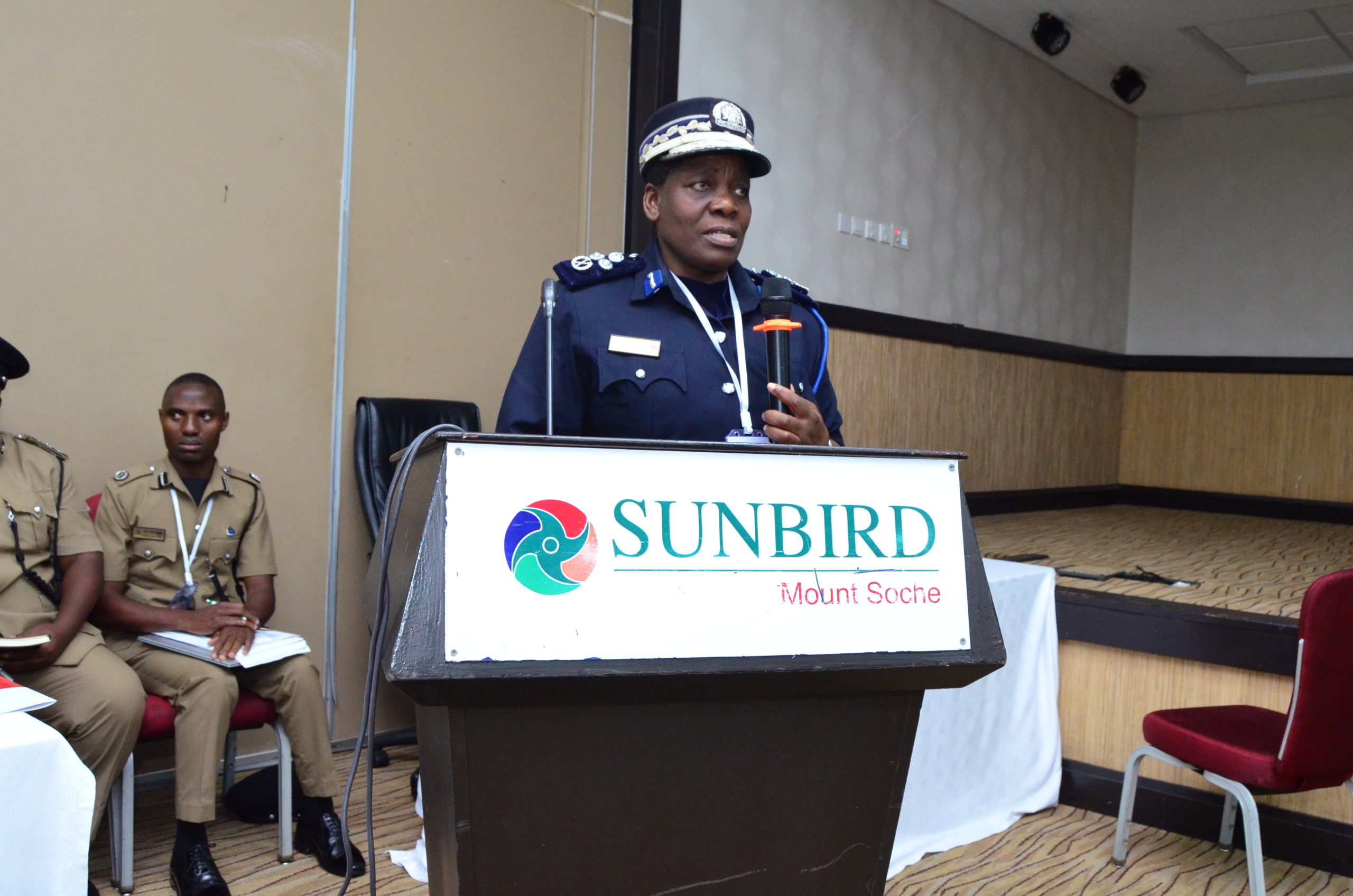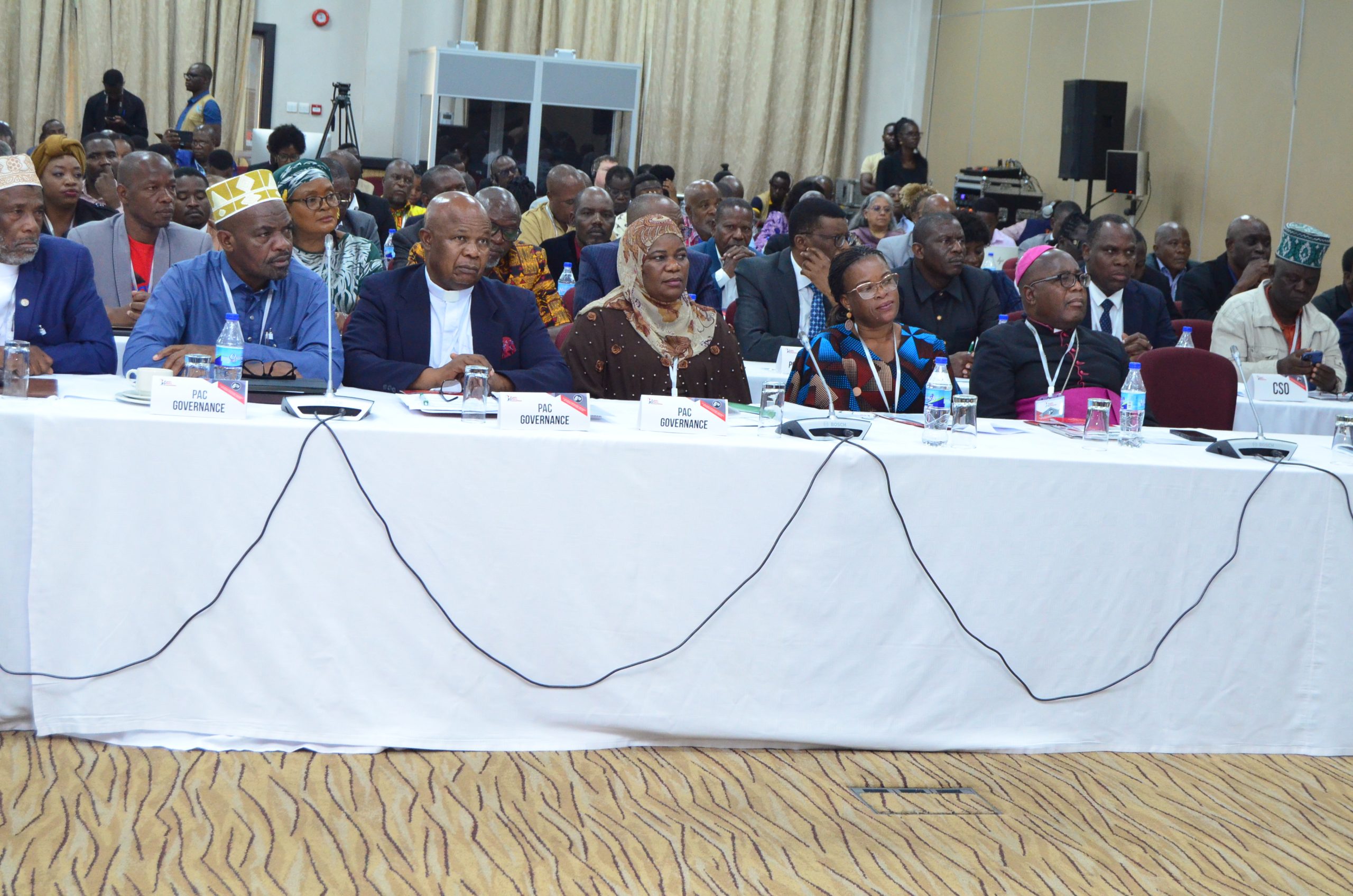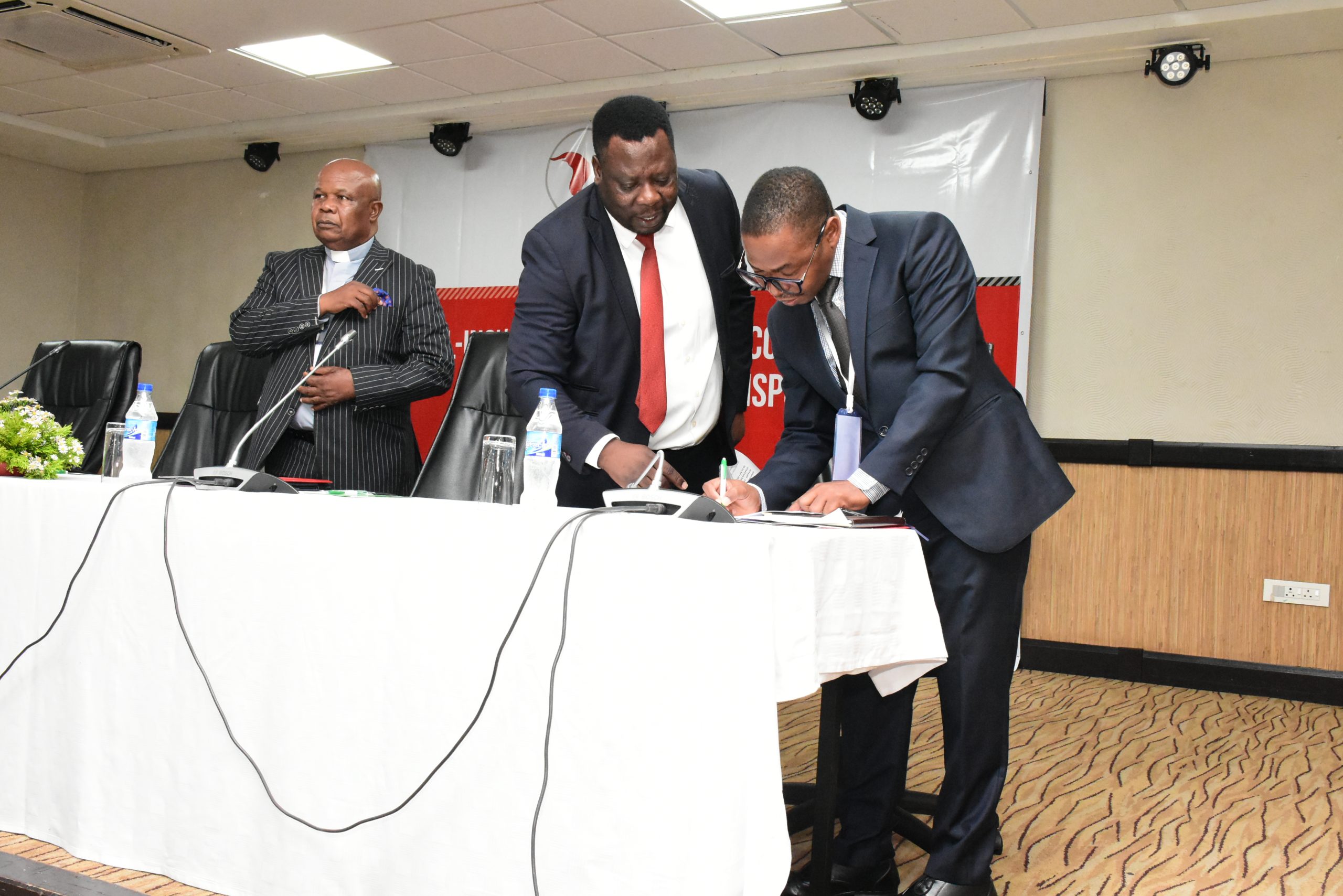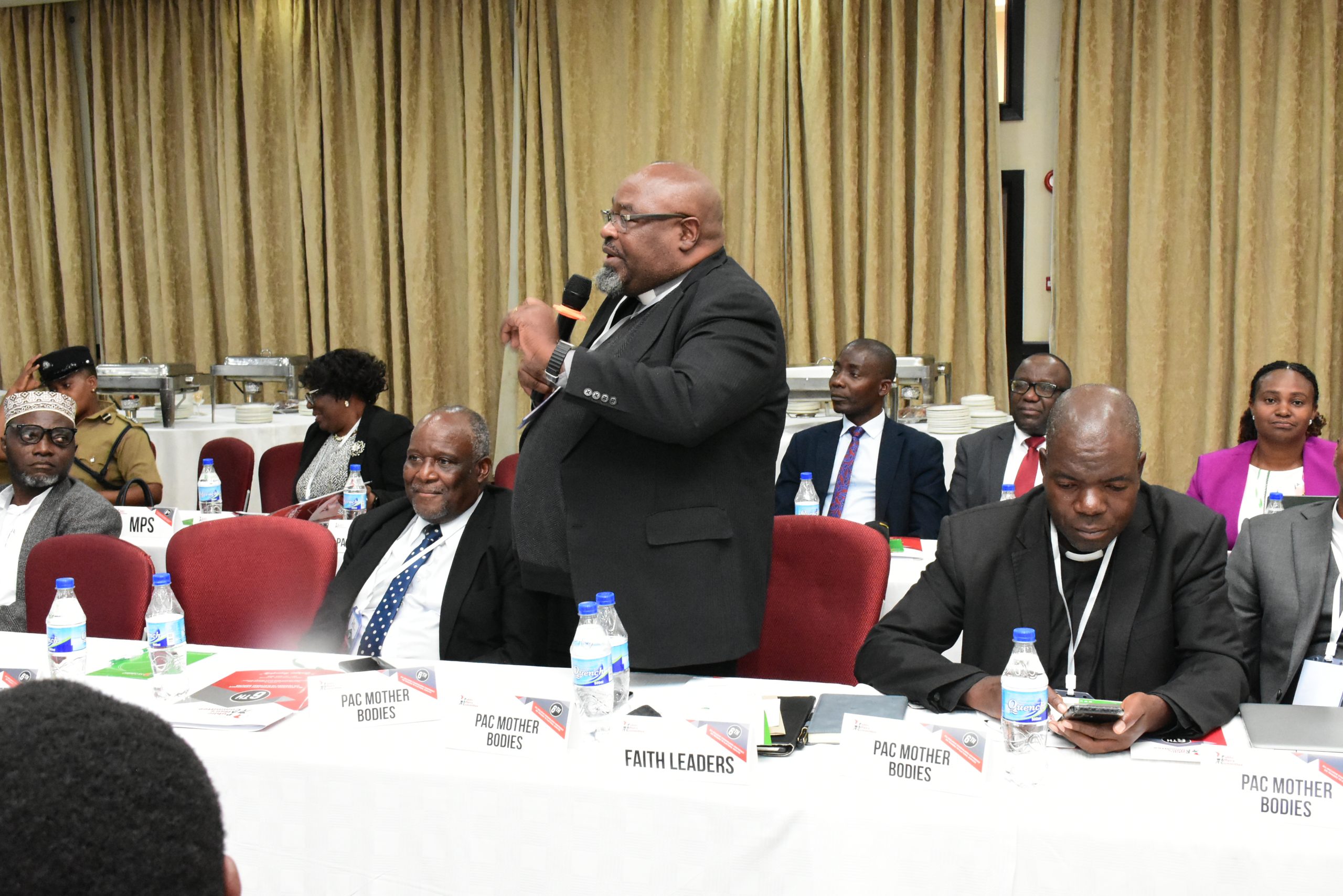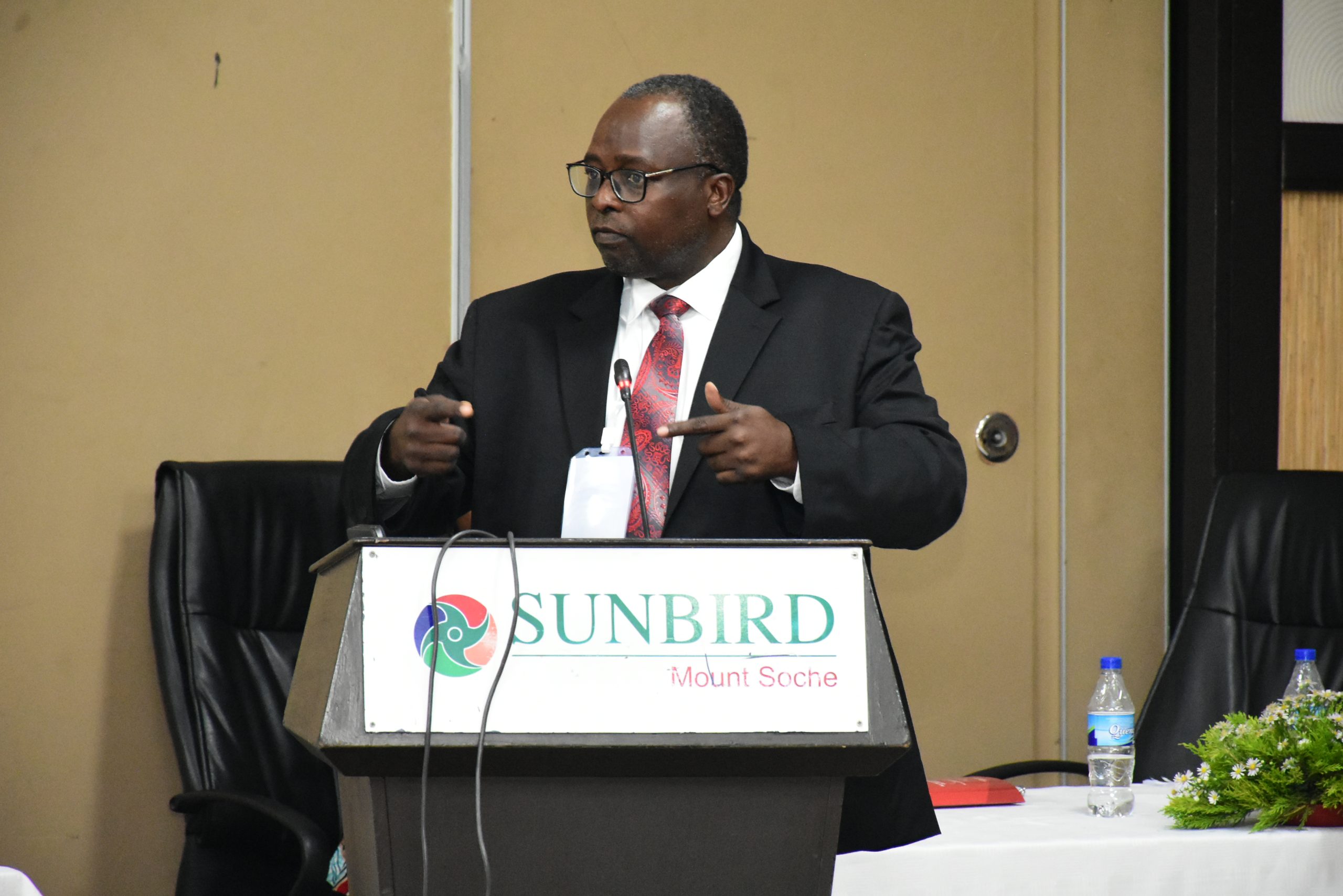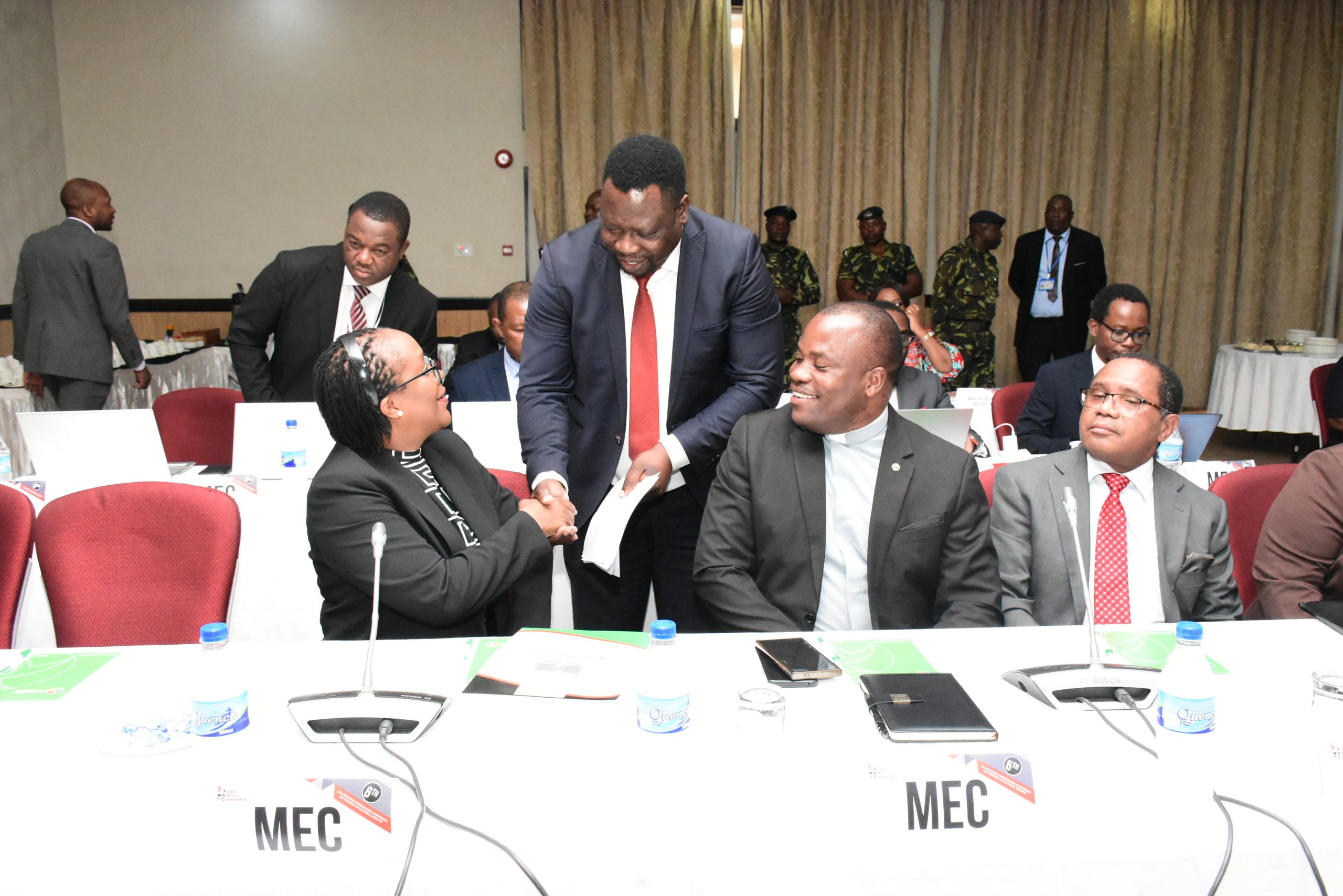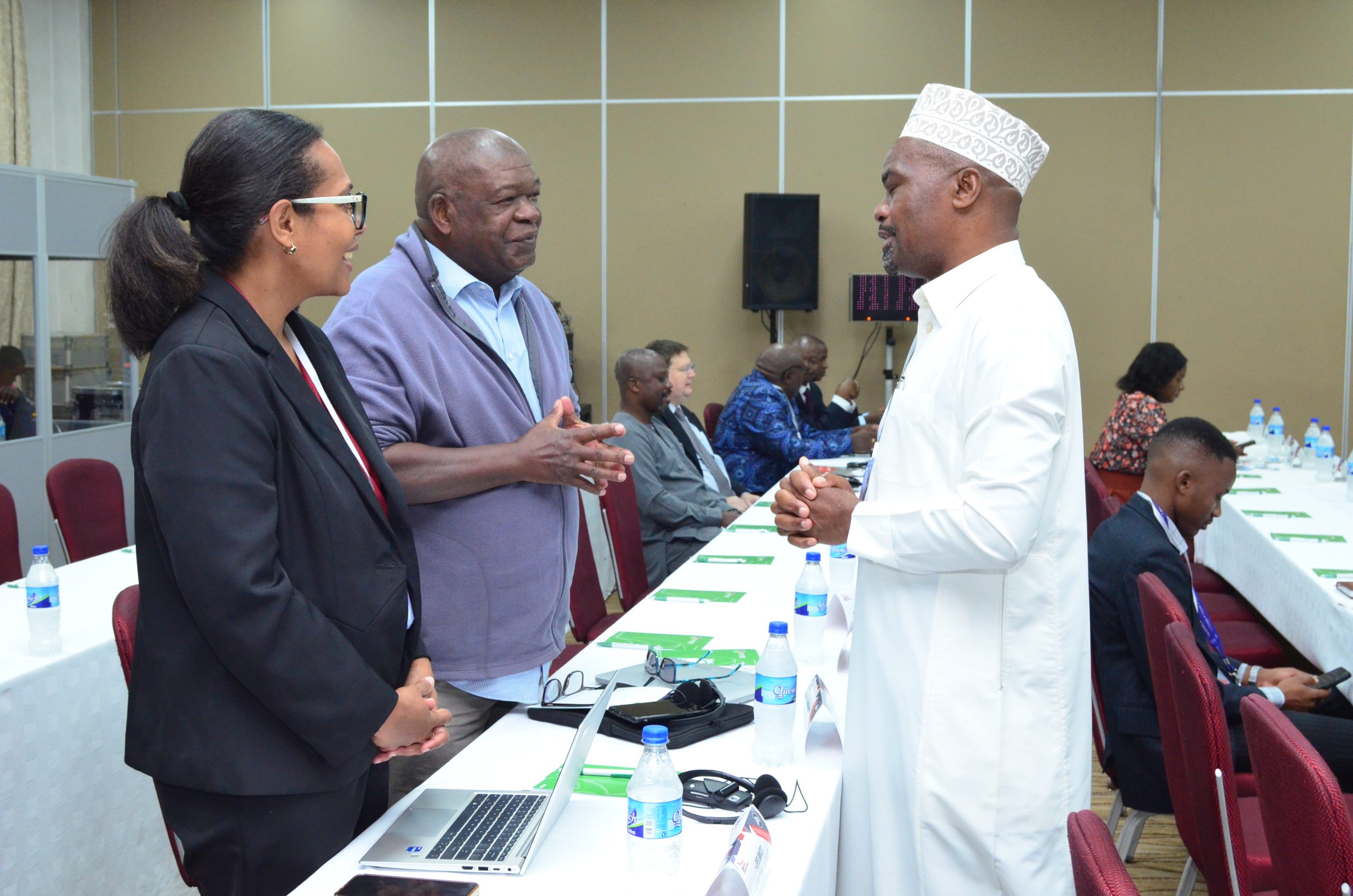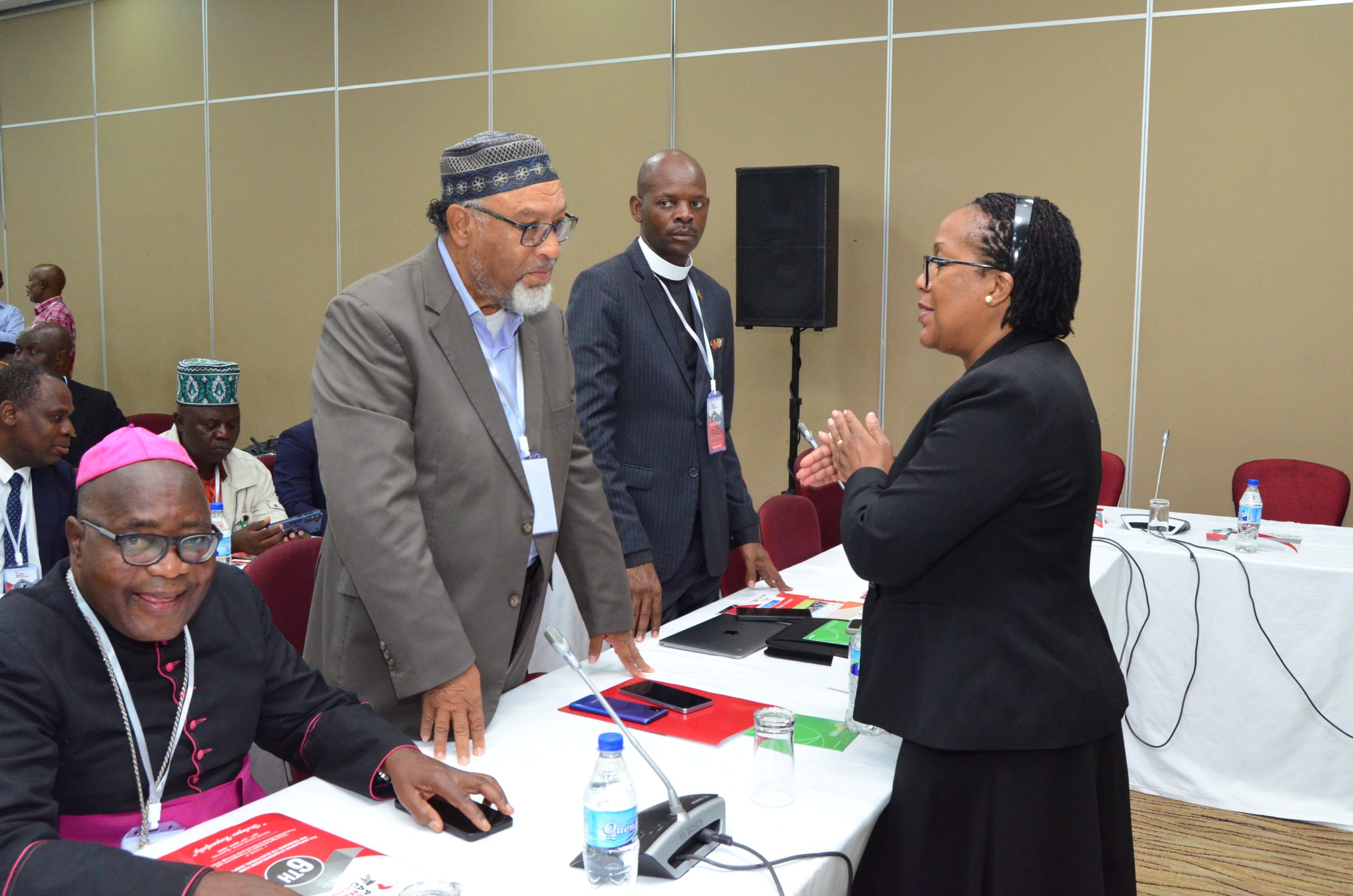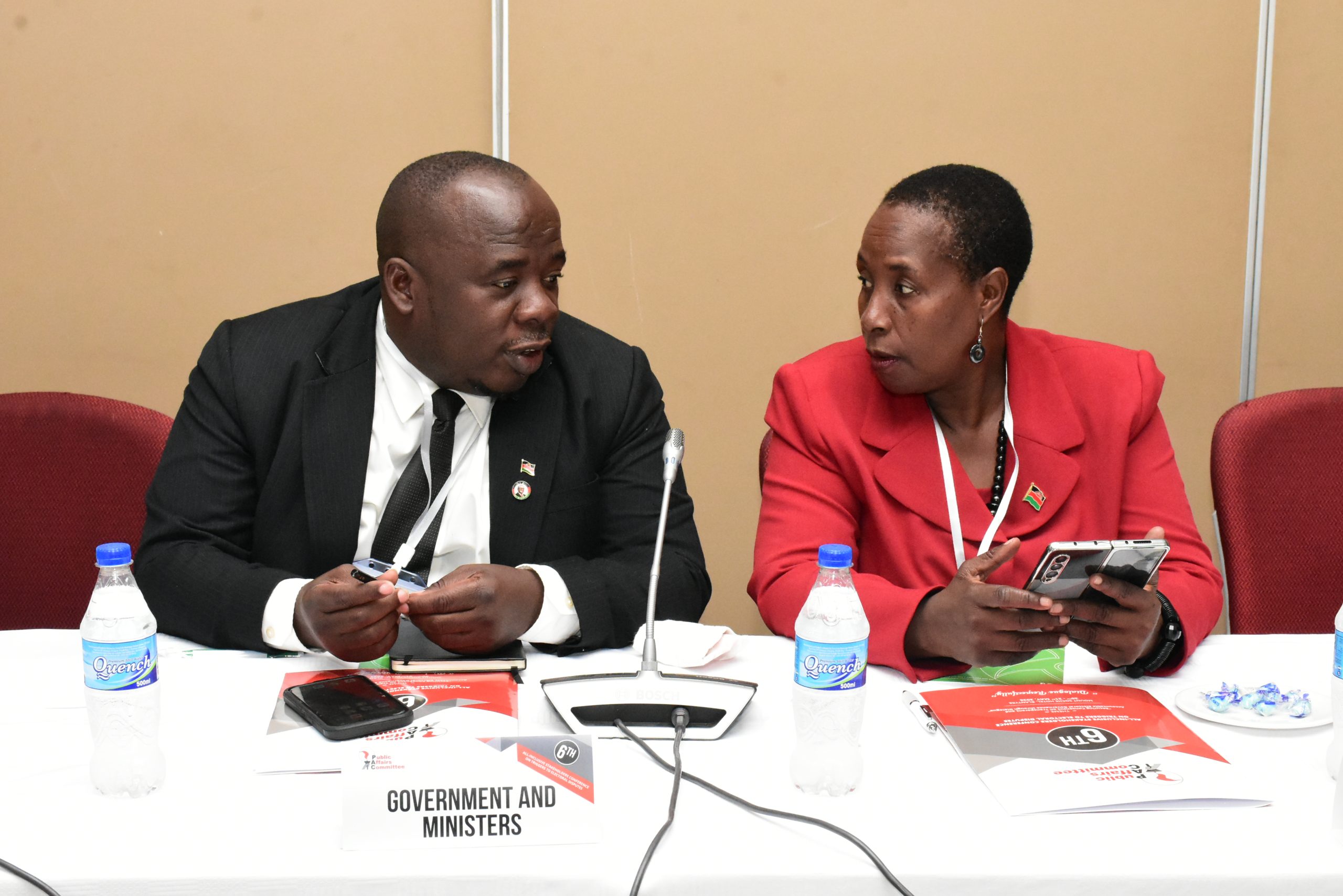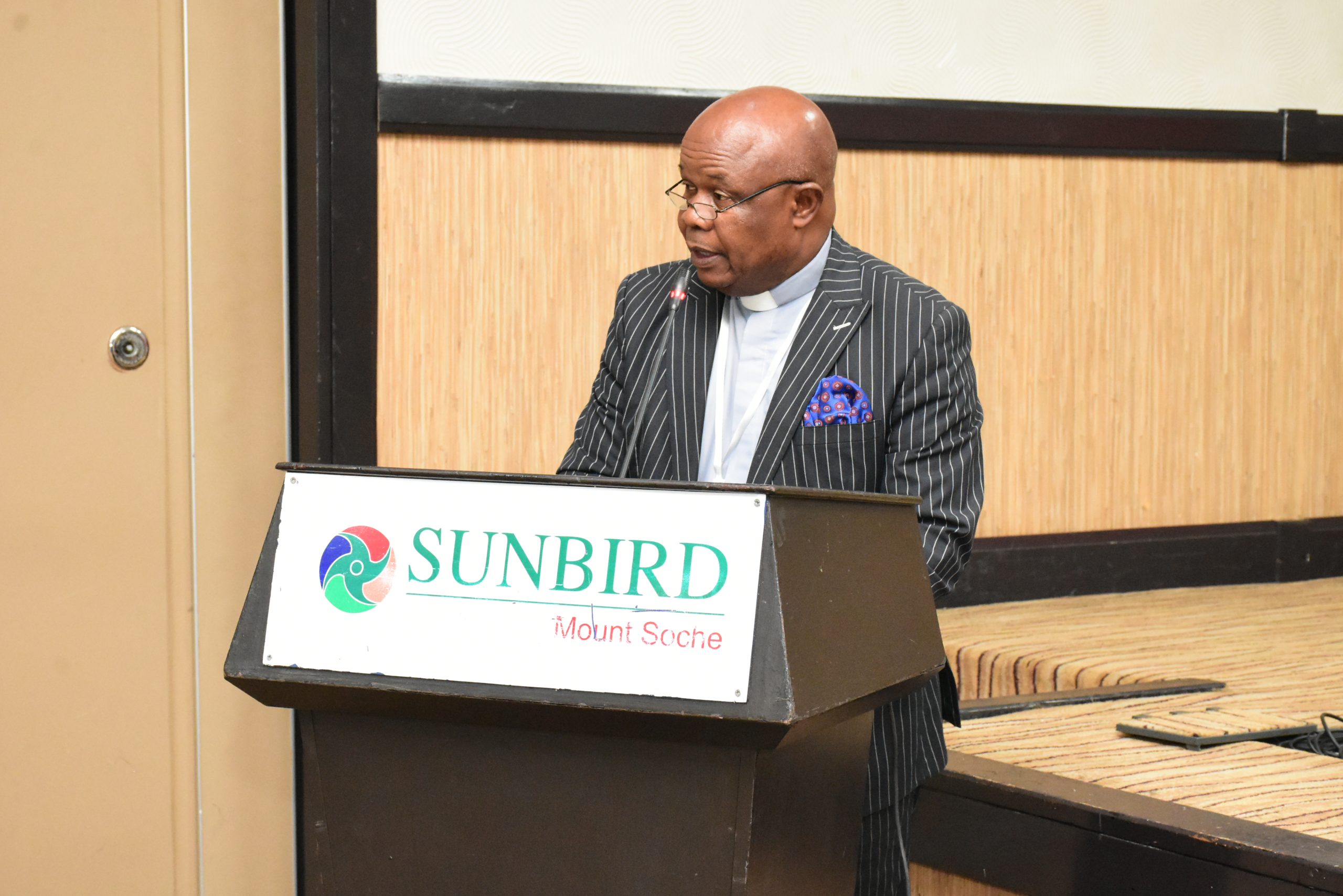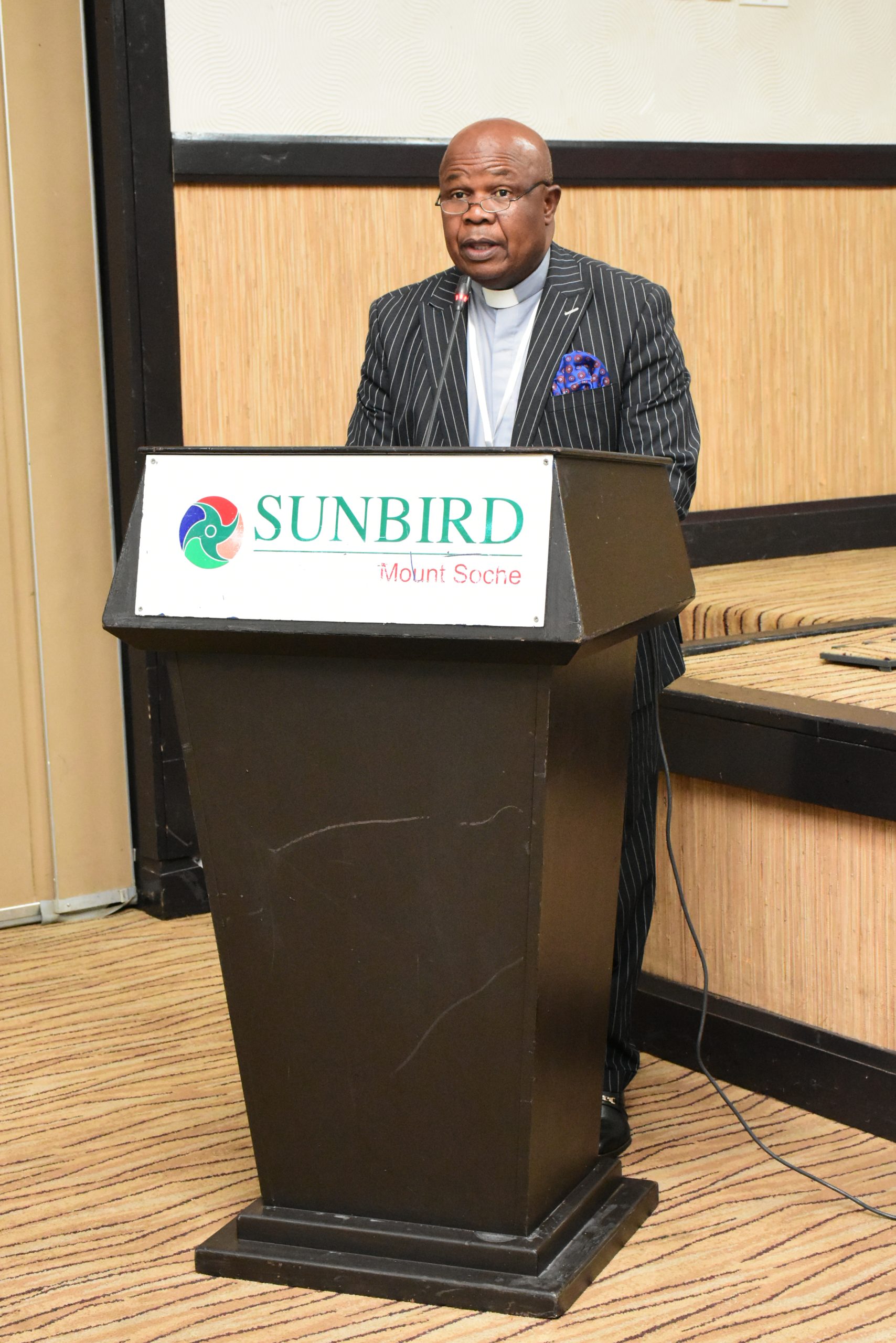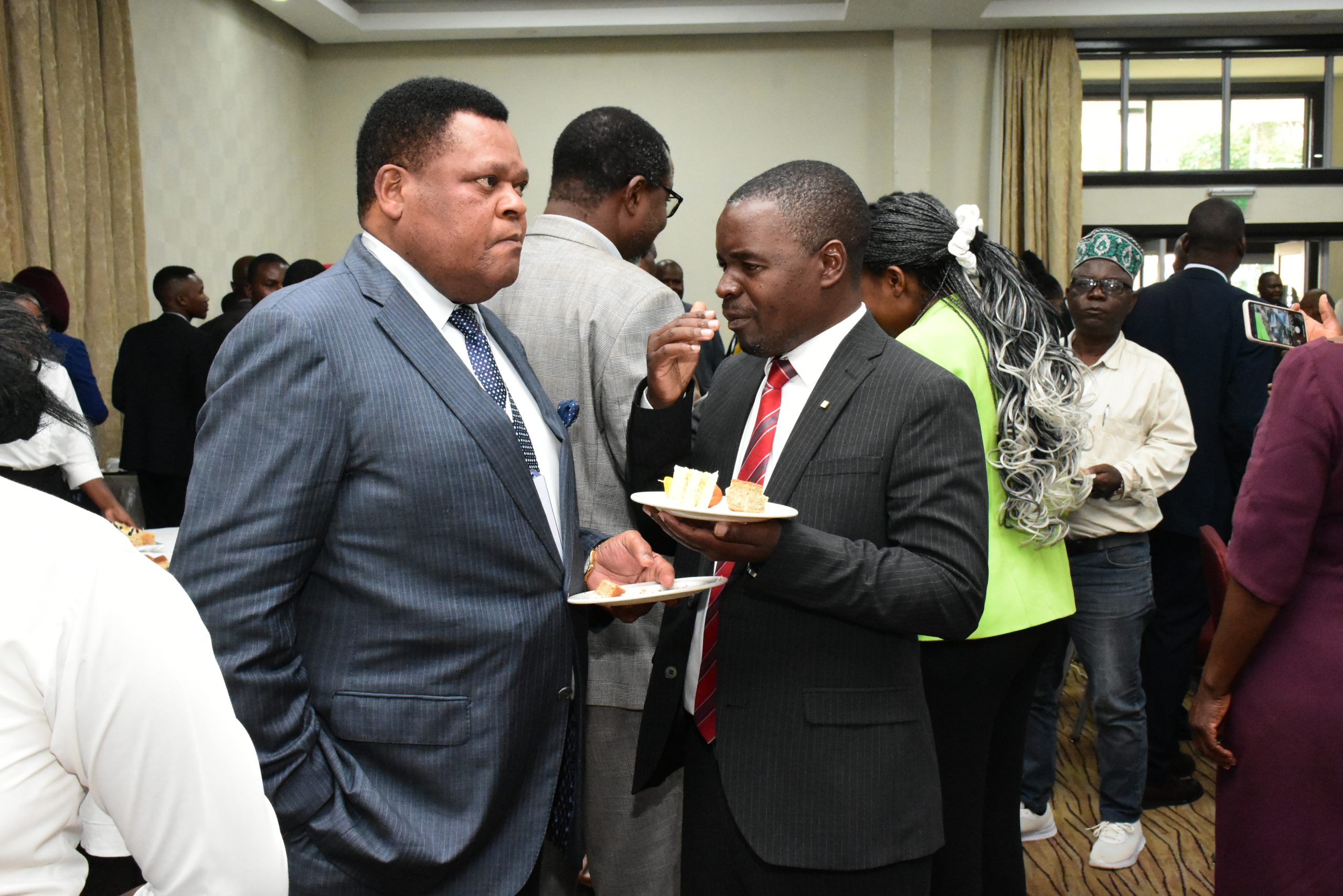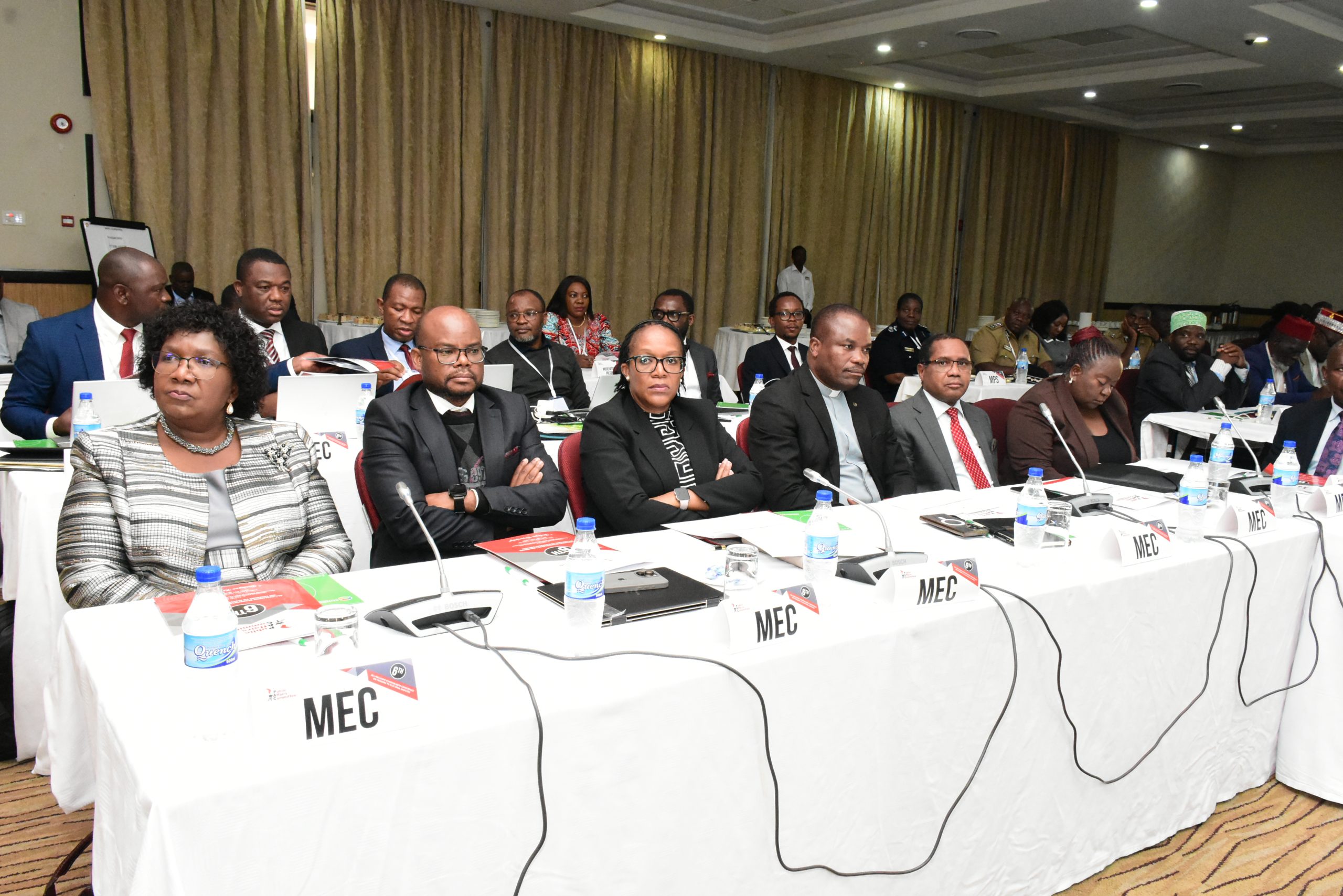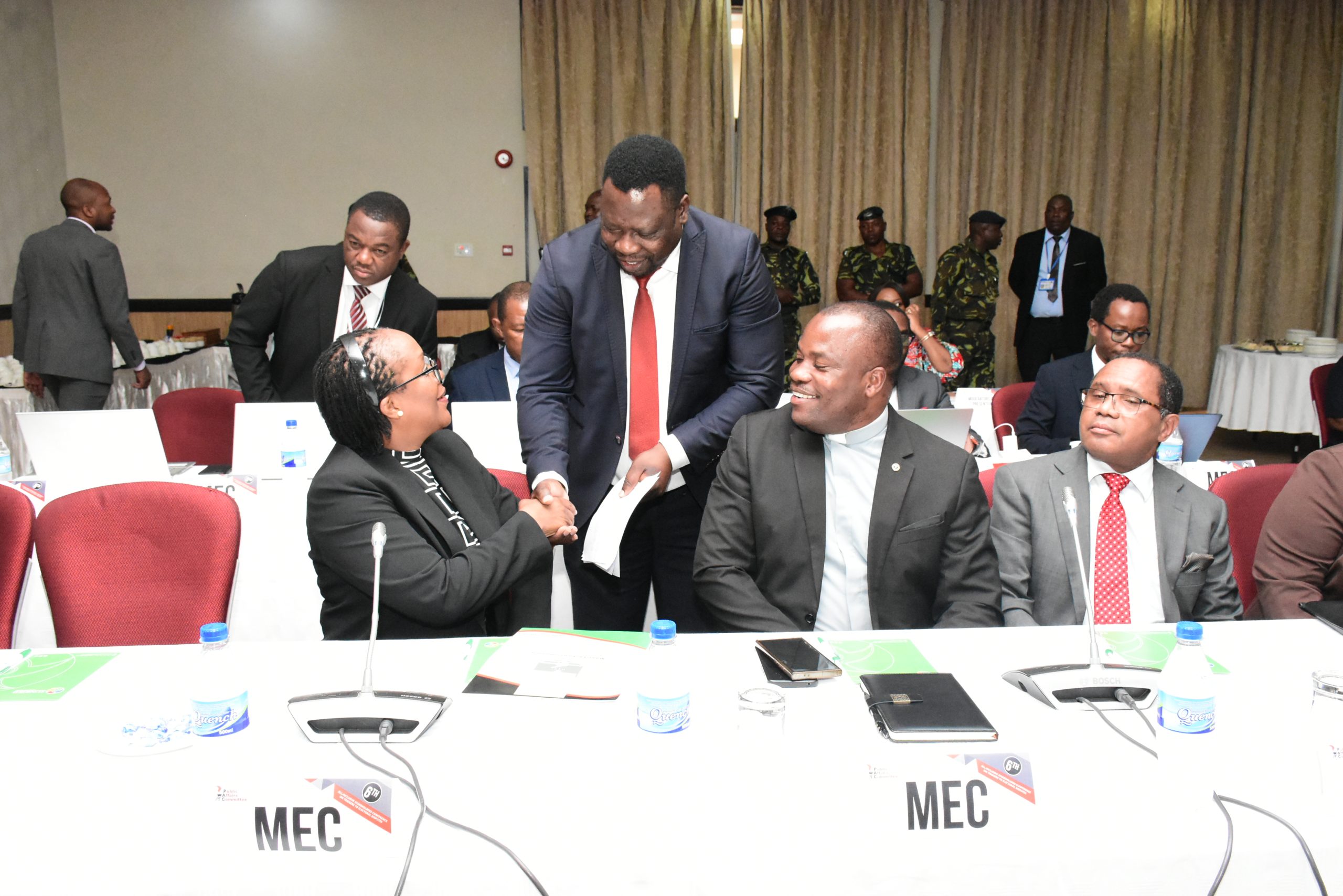
Public Affairs Committee (PAC) conducted a 6th All- Inclusive Stakeholders Conference on potential triggers of electoral disputes at Mount Soche Hotel, Blantyre attended by over 200 delegates under the theme “Securing Consensus on Transparent and Accountable Electoral Governance through Dialogue aiming at facilitating inclusive discussions and come with resolutions as we head to the 2025 general elections.
Speaking at the conference which took place from 20-21 May 2025 PAC Chairperson, Monsignor Dr. Patrick Thawale said the conference is a platform for dialogue to build consensus not hate speech.
“As we all know the tension is very high and some political parties are disseminating information of which some is true and some not. People believe in all these information so the right information is the only one that can help Malawi progress hence we decided to have this stakeholders’ meeting where everyone will hear from one another, and clarify all misunderstanding. After this conference, we expect the tension to go down, delegates to benefit on how political violence will be managed, and how our economy can be restored,” he added.
He then urged political parties, CSOs, religious leaders and all delegates present to promote unity and be responsible in promoting peaceful, fair and credible elections.
In her remarks, United Nations Resident Coordinator, Nelida Rodrigues commended PAC for convening the conference timely as Malawi is preparing for the 2025 general elections.
She said free, fair, and peaceful elections are the bedrock of democracy. She added, “The United Nations stands with Malawi in fostering preventive dialogues to identify and mitigate grievances and potential triggers before they escalate. Bringing together the government, political parties, civil society, security agencies and the media is a statement to Malawi’s desire to sustain its desirable peace through collaborative problem solving.”
Rodrigues called for political leaders to commit to peaceful and fair competition, MEC to continuously communicate to the general public on all electoral processes to build public trust and security agencies to uphold neutrality.
The Reserve Bank of Malawi Governor, Dr. Mafuta Mwale highlighted on key issues on how Malawi can move out of the economic challenges pointing out that one way to curb some of these challenges is exporting goods from Malawi to other countries would help stabilize the Malawi kwacha. He added that Malawi’s over relying on maize only is another factor leading to inflation hence need to start cultivating other crops and harvest them for business not only locally but internationally.
Dr. Mafuta further explained that people in diaspora are also contributing to scarcity of forex by using in formal ways of sending money. He urged all Malawians in diaspora to start using proper channels for the country to generate more forex.
Speaking during his presentation, Malawi Electoral Commission (MEC) Chief Election Officer, Andrew Mpesi said the Election Management Devices (EMDs) are there just to help registration, verification, candidate nomination and results transmission.
“There will be no electronic voting nor electronic counting. People will vote using ballot papers and counting will start immediately after voting ends at 4 o’clock in the afternoon,” narrated Mpesi.
Concurring with Mpesi, MEC chairperson, Hon. Annabel Mtalimanja said there have been a lot of questions surrounding the use of EMDs and through the conference, they were able to unpack how the commission transition from the biometric voter registration kits to the use of EMDs.
Hon Mtalimanja added that the conference served as a platform for the commission to put up their plea to stakeholders to avoid dissemination of fake news and misinformation of the EMDs which has been quite a challenge.
She further highlighted that it is as the same technology called biometric voter registration kits owned by NRB used in the previous elections but now the commission has just bought advanced machines and as a commission they are making sure that the general public knows only the true information on how the machine works.
“We have been conducting community outreaches, we continue to have stakeholder engagements, radio and television programs to disseminate information but what we expect particularly from this meeting where we have been able to give full information is for our stakeholders to also take ana active role in sharing this information to their followers and the general public.
She stressed that the information gap is also what is causing challenges. She explained “After the conference, I believe the electorate should be able to be equipped with relevant and accurate information.”
Democratic Progress Party (DPP) Secretary General, Peter Mukhitho said the conference was an important platform especially for politicians to understand critical issues and come up with resolutions.
“We are glad that this meeting is taking place, there have been burning issues which are concerning elections, the issues of the audit of voter registration, as well as how we are going to transmit after voting. All these are basing on the issue of trust so there is sort of mistrust between political parties and MEC and I believe that this meeting will help us get opinions from professionals on how we move forward from here,” added Mukhitho.
On her part, Malawi Congress Party (MCP), spokesperson, Dr. Jessie Kabwila said it is time to stop finger pointing at each other but rather make things work for a better Malawi.
She further urged everyone to be responsible in curbing political violence instead of playing a victim role. She advised political parties to be agents of promoting peace and unity and not being hypocritical.
“Violence is violence and anyone who is doing it is wrong regardless of the political party you are in., if we continue this, by the time we vote, there will be few people alive. Let us stop this and it only stops if we stop finger pointing,” Dr. Kabwila concluded.
Among notable stakeholders were Malawi Electoral Commission (MEC), Political parties, religious leaders, Malawi police, development partners, political science association CSO’s and interest groups among others.
